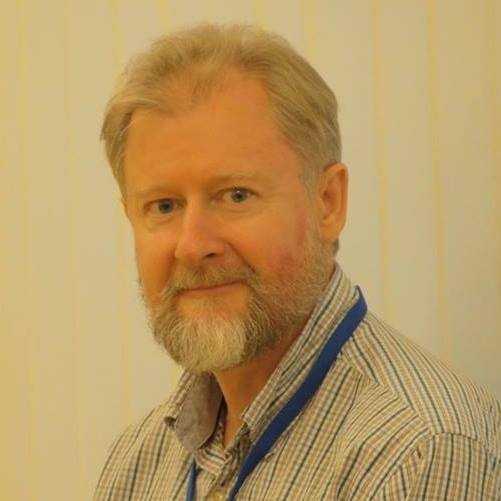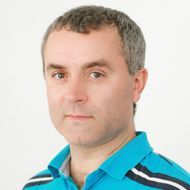- A
- A
- A
- ABC
- ABC
- ABC
- А
- А
- А
- А
- А
- HSE Campus in St. Petersburg
- Saint-Petersburg School of Social Sciences
- Department of Political Science and International Affairs
- News
- The HSE Department of Political Science invites you to the Research Seminar, February 12, 2021 at 6.30 pm
-
Departament
- About the Department
- Faculty and Staff
-
Annual Conference “The October Readings”
-
More About the Conference
-
Upcoming Conference
-
Archive
-
-
Academic Seminar
-
Upcoming seminars
-
Previous Seminars
-
198068 Saint Petersburg
Griboyedov channel embankment, 123, Room 324
t. +7 (812) 644-59-11, plus 61415
The Department was created on the basis of the Department of Politics, which was established in 2005. The main purpose of the department is to provide today’s students with professional training in the fields of political analysis and sociopolitical engineering, as well as in creating a special creative atmosphere that allows for the formation and development of a society of political experts who are capable of not only carrying out professional research, but also proposing and implementing solutions to relevant Russian and international problems.
 Federalism and Decentralization in Africa. Globalization and Fragmentation in Territorial Arrangements
Federalism and Decentralization in Africa. Globalization and Fragmentation in Territorial Arrangements
Leonid Issaev, Andrey Zakharov.
Springer, 2024.
Клещенко Л. Л.
Вестник Волгоградского государственного университета. Серия 4: История. Регионоведение. Международные отношения. 2024. Vol. 29. No. 1. P. 77-86.
Korotayev A., Issaev L., Anna I. et al.
In bk.: Terrorism and Political Contention. New Perspectives on North Africa and the Sahel Region. Springer, 2024. P. 169-194.
OxonCourts Judicial Studies Graduate Colloquium. OxonCourts Judicial Studies Graduate Colloquium. University of Oxford, 2019

The HSE Department of Political Science invites you to the Research Seminar, February 12, 2021 at 6.30 pm

Department of Political Science and International Relations
Research Seminar
Cultural patterns of non-civil society in Russia
February 12, 2021 | 18.30
ZOOM
The speaker is going to present a research project (the research was carried out jointly with Anna Naklyutskaya), which examines the political culture of “non-civil society” in Russia. The concept of “non-civil society” is controversial in the literature devoted to the study of the socio-political transformation of post-authoritarian (primarily post-communist) societies. This concept describes a complex segment of public activity, the characteristics of which go beyond the conceptualization that has developed in the theories of democratic transition. We use the Q-methodology technique to analyze data from the civilian sphere of St. Petersburg to understand the multiplicity of cultural patterns in the illiberal segment of Russian civil society. The findings of the study are related to the analysis (interpretation) of value factors (clusters) identified as a result of the factorization of structured interviews with activists of “illiberal” groups (N = 15, 2020). The conducted research confirmed the presence of clearly identifiable illiberal cultural patterns in the studied segment. But the more important results are, first, the description of the diversity of patterns of “illiberal” identity, and, second, the discovery of cultural patterns that can be characterized as part of the overall context of liberal identity. The latter conclusion is the most significant finding of our research project, confirming both the empirical and conceptual conventions of the division between “civil” and “non-civil” society in real social contexts.
Working languages: Russian / English.
The seminar will be online via Zoom.
The link to join Zoom:https://zoom.us/j/93888221219?pwd=dlFIdWVncHZWaGlCK2VzeDFVQStDUT09
Meeting ID: 938 8822 1219
Password: 553681
If you have questions please contact Stanislav Shkel (sshkel@hse.ru ).
-
https://elearning.hse.ru/en/mooc/
Massive Open Online Courses
-
https://www.hse.ru/en/visual/
HSE Site for the Visually Impaired
-
http://5top100.com/
Russian Academic Excellence Project 5-100
- © HSE University 1993–2025 Contacts Copyright Privacy Policy Site Map
- Edit

